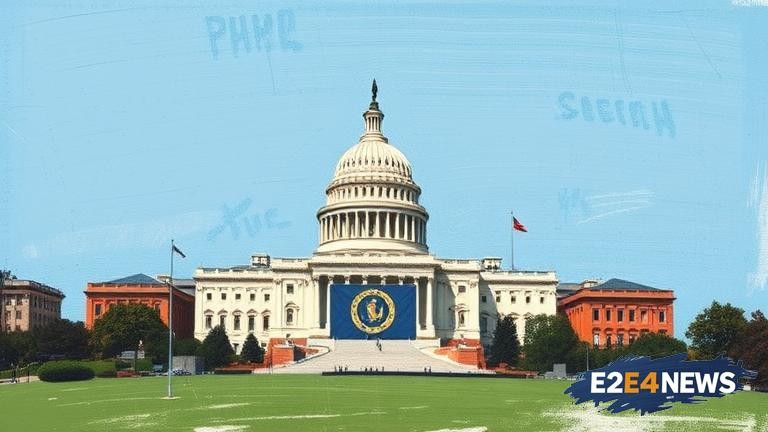The debate over government funding of public media has been reignited by comments from Jeff Miron, a senior fellow at the Cato Institute. Miron argues that it is wrong for the government to fund public media, citing concerns over bias and inefficiency. He believes that government-funded media outlets are more likely to promote the interests of the ruling party, rather than providing a balanced and impartial view of current events. This, he claims, can lead to a lack of trust in the media and undermine the principles of a free press. Miron also argues that government funding of public media is inefficient, as it can lead to a misallocation of resources and a lack of accountability. He points to the example of the BBC, which has been criticized for its perceived bias and wasteful spending. In contrast, Miron believes that privately-funded media outlets are more likely to be innovative and responsive to the needs of their audiences. He also argues that the internet and social media have made it easier for people to access a wide range of news sources, reducing the need for government-funded public media. Despite these arguments, many people believe that government funding of public media is essential for promoting democracy and providing access to information. They argue that public media outlets play a critical role in holding those in power to account and providing a platform for marginalized voices. However, Miron’s comments have sparked a lively debate over the role of government in funding public media. Some have argued that his views are overly simplistic and fail to take into account the complexities of the issue. Others have praised his willingness to challenge the status quo and think critically about the role of government in the media. As the debate continues, it is clear that there are no easy answers. The issue of government funding of public media is complex and multifaceted, and will require careful consideration and nuanced discussion. Ultimately, the decision over whether or not to fund public media will depend on a country’s values and priorities. In some countries, public media is seen as an essential part of the democratic process, while in others it is viewed with skepticism. The United States, for example, has a long tradition of privately-funded media, while many European countries have a strong public media sector. As the media landscape continues to evolve, it is likely that the debate over government funding of public media will continue to be an important and contentious issue. The rise of online media and social media has created new opportunities for people to access information and engage with the news, but it has also raised questions about the role of traditional media outlets and the need for government funding. In conclusion, the issue of government funding of public media is a complex and contentious one, with valid arguments on both sides. While some believe that it is essential for promoting democracy and providing access to information, others argue that it is inefficient and prone to bias. As the debate continues, it is essential to approach the issue with nuance and sensitivity, recognizing the complexities and challenges involved.
